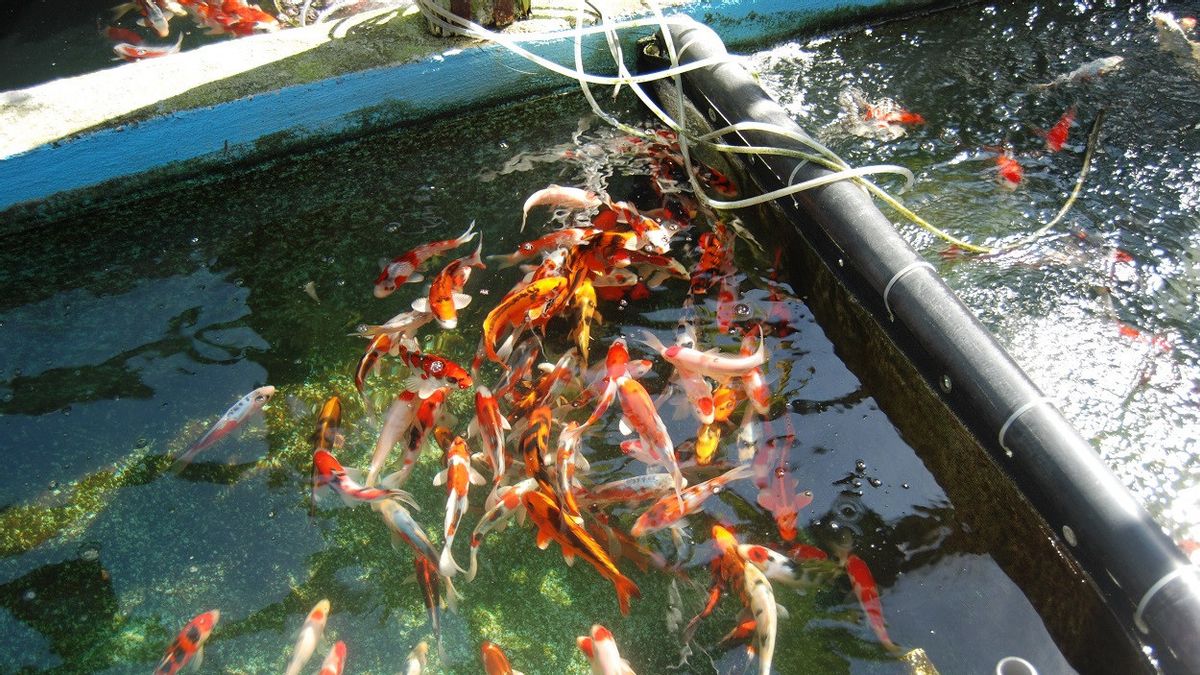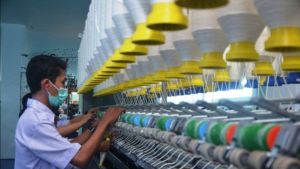
JAKARTA - China has stopped importing Nishikigoi or koi fish from Japan, according to a source familiar with this, as part of Beijing's pressure on Japan regarding the release of radioactive water from the Fukushima nuclear power plant that has been processed into the sea.
Beijing has not renewed its permit for a designated quarantine facility in Laigata Prefecture required for Japan's Nishikigoi export to China, after the permit expired at the end of October, the source said, according to Kyodo News November 10.
Koi fish have gained popularity abroad as pets in recent years. Japanese fish exports in 2022 amounted to 6.3 billion yen, double the level of the previous decade.
The Bamboo Curtain country was the largest importer of koi fish last year, accounting for 19 percent of Japan's total exports, according to the Japanese Ministry of Agriculture, Forestry and Fisheries.
Tokyo has asked about the suspension of Chinese Nishikigoi imports through diplomatic channels, but Beijing has not yet responded, the source said.
In Tokyo, Chief Cabinet Secretary Hirokazu Matsuno said at Thursday's press conference Japan would "continue to urge the Chinese government" to complete the necessary procedures for the immediate resumption of Nishikigoi's trade.
Matsuno said Japan had submitted to China the material needed to update the quarantine facility permit "long before" and stressed Tokyo had followed the correct procedures.
Meanwhile, Japan's Nishikigoi Promotion Association said they hoped fish exports to China would soon return to normal, as the country was an important market.
Separately, Chinese Foreign Ministry spokesman Wang Wenbin repeated Beijing's rejection of the disposal of waste into the sea at Thursday's press conference, adding that China had not officially announced the suspension of Nishikigoi imports from Japan.
관련 항목:
Beijing is known to strongly oppose the disposal of radioactive wastewater into the Pacific Ocean, calling it "nuclear contamination."
Previously, China had imposed a total ban on sea products imports from the Land of the Rising Sun, related to the disposal of the water.
That saw Japanese marine product exports to China drop 90.8 percent from the previous year to 800 million yen in September, after Beijing began a comprehensive import ban.
The English, Chinese, Japanese, Arabic, and French versions are automatically generated by the AI. So there may still be inaccuracies in translating, please always see Indonesian as our main language. (system supported by DigitalSiber.id)

















